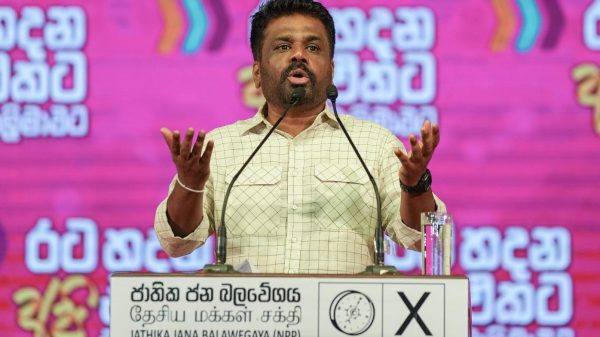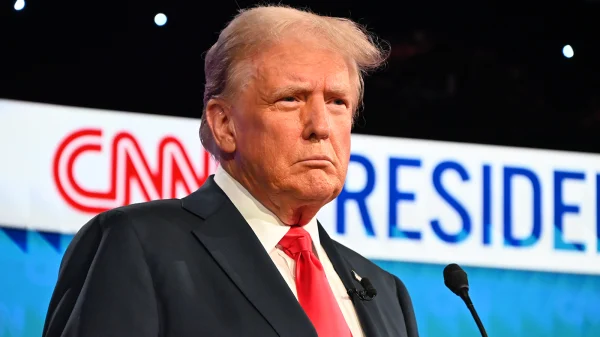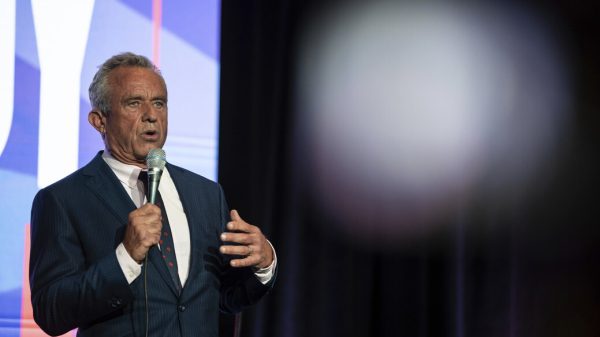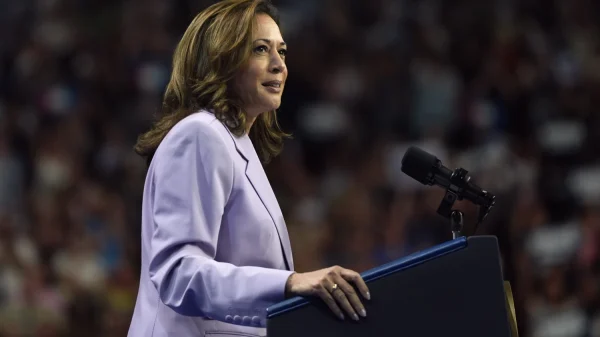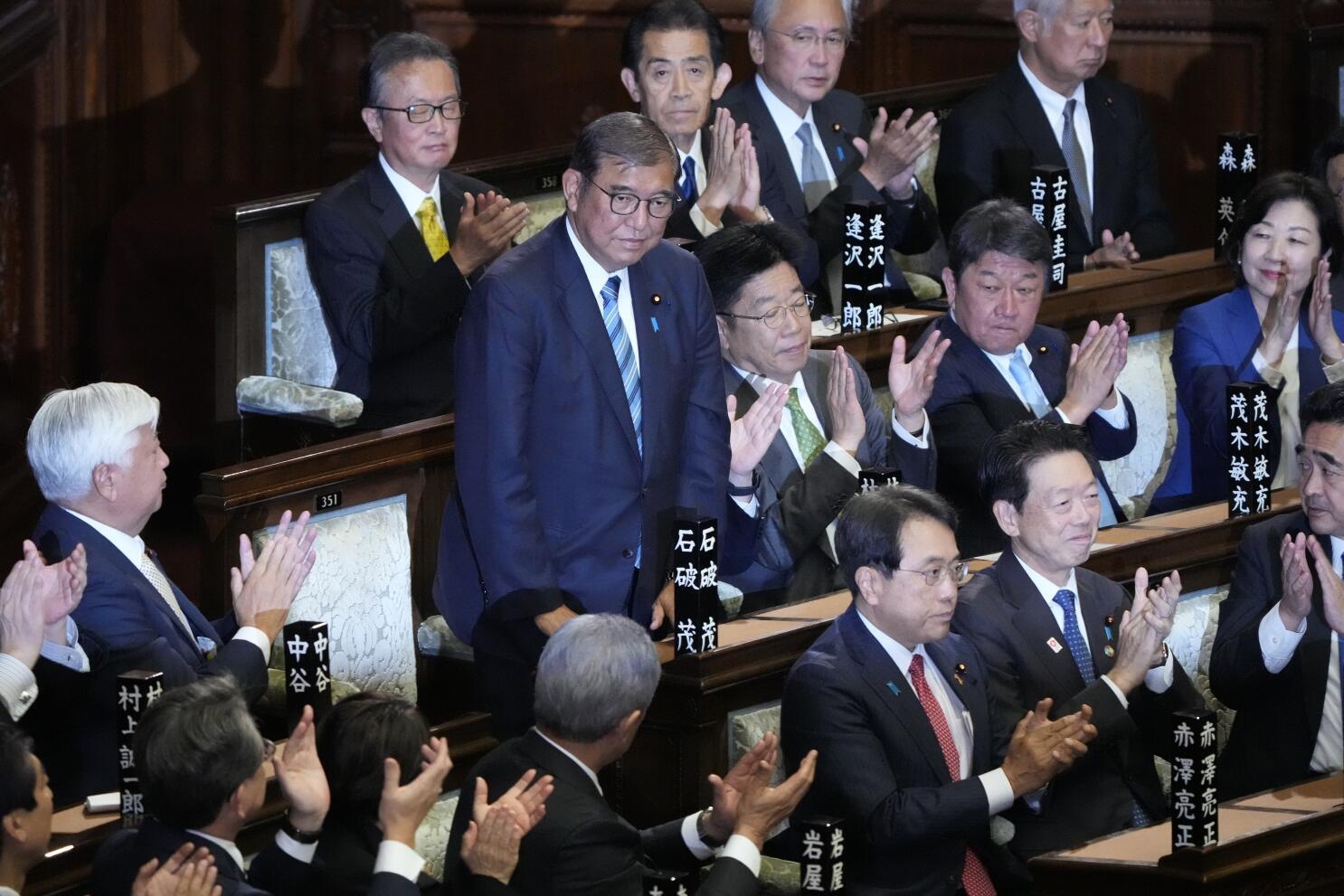Prime Minister Shigeru Ishiba has vowed to address public frustration over political misconduct in Japan following his reelection by parliament. Ishiba’s Liberal Democratic Party (LDP) and coalition partner Komeito suffered major losses in the October election, losing their majority in Japan’s Lower House.
This defeat, largely attributed to financial misconduct scandals within the LDP, has fueled voter dissatisfaction. Ishiba acknowledged the public’s “pain, sorrow, and anger” in his speech, stressing the need to focus on reforms to restore public trust and reaffirm that “politics is for the people.”
In a parliamentary session to determine the country’s leadership after the election, Ishiba won a narrow victory over opposition leader Yoshihiko Noda in Japan’s first runoff election for prime minister in three decades. Following his victory, Ishiba reappointed many of his previous cabinet members, including Foreign Minister Takeshi Iwaya and Defense Minister Gen Nakatani.
However, three ministers were replaced due to the recent election’s impact, reflecting an attempt at continuity with careful changes. This Cabinet reshuffle aims to bring a fresh start while acknowledging the public’s call for accountability.
A major focus of Ishiba’s administration is strengthening Japan’s defense posture in response to security concerns posed by China, Russia, and North Korea. He has emphasized the need to work closely with Japan’s allies, especially the United States, and plans to attend international summits like the Asia-Pacific Economic Cooperation (APEC) and the Group of 20 (G20) later this month.
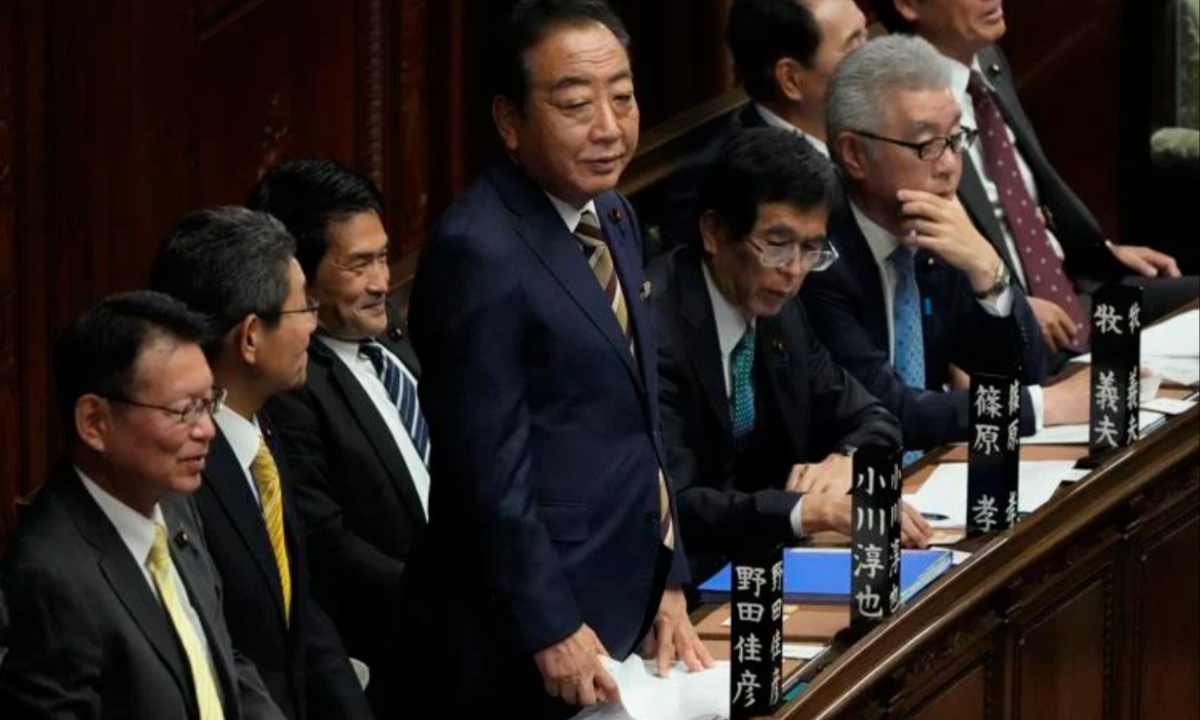
Newly Reelected PM Shigeru Ishiba Vows Reforms to Rebuild Trust Amid Political Scandals and Coalition Challenges
During these summits, Ishiba intends to strengthen Japan’s partnerships with nations across the Asia-Pacific and Global South, with meetings lined up with leaders such as U.S. President Joe Biden and South Korean President Yoon Suk Yeol.
Despite the election setback, Ishiba has dismissed the idea of stepping down, showing determination to build a more stable coalition and pursue his policy agenda. He has indicated an openness to collaborating with additional political parties and stated that he will engage with opposition voices more attentively on key issues, such as Japan’s budget and major legislative initiatives.
His approach aims to create a broader base of support across the political spectrum to achieve greater national security and policy progress amid the coalition’s weakened position in parliament.
In addition to seeking stability within his current coalition, Ishiba is exploring policy-based collaboration with the Democratic Party for the People (DPP), led by Yuichiro Tamaki, who has gained popularity for advocating wage increases and tax relief for low-income groups.
Although Tamaki is not interested in a formal coalition, he has expressed willingness to work on specific policy areas with Ishiba’s government. However, a recent scandal involving Tamaki’s personal life may complicate his standing and the dynamics of potential collaboration, as he admitted to an extramarital affair following media revelations.

